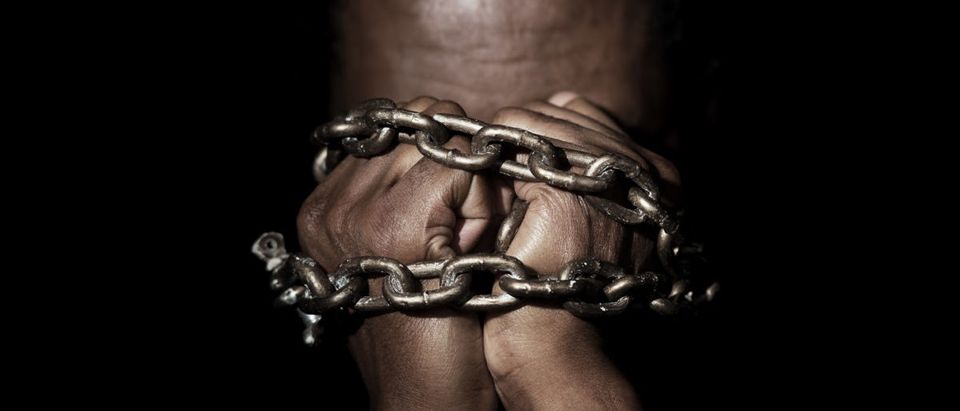A New York state investigation concluded that mock slave auctions in the classroom “had a profoundly negative effect” on the students present.
The mock auction took place in March at a small Lutheran school in Bronxville, NY. A teacher reportedly took all of the black students into a hallway, placed imaginary chains or shackles on their necks, ankles and wrists, and returned them to the classroom. Once there, they were instructed to line up at the front of the classroom while their white classmates placed bids.
Students and parents from at least two fifth-grade social studies classes complained about the slave auction reenactments. The school terminated the teacher’s employment, and the state began an investigation.
A Wednesday press release from New York Attorney General Letitia James’ office detailed some of the findings of the investigation.
The investigation found that the teacher’s reenactments in the two classes had a profoundly negative effect on all of the students present – especially the African-American students – and the school community at large. Following the reenactments, the school terminated the teacher’s employment.
The investigation further revealed prior parental complaints to school administrators about the school’s lack of racial sensitivity, pre-dating the classroom reenactments, as well as concerns that the school did not take sufficient steps to address the complaints.
The investigation also uncovered multiple complaints about racially insensitive curricula and unequal discipline that suggested racial bias. (RELATED: Democrats To Focus On Slavery Reparations Commission Bill In Near Future)
According to the press release from James’ office, the school is going to be required to make some changes, most of which will have to get final approval from the attorney general’s office:
- Hire a Chief Diversity Officer
- Develop and submit a Staff Diversification Plan
- Commit new financial aid to maintain and increase diversity within the student body
- Submit a new Code of Conduct
- Submit a School Discipline Reform Plan
- Identify and retain a Diversity Consultant
- Create a formal complaint procedure
- Maintain records of complaints, investigations of complaints, and the implementation of other elements of relief in the agreement
The Chapel School told NBC that they were happy to accept the terms offered by the attorney general’s office. Principal Michael Schultz said, “The Chapel School reached a timely resolution with the attorney general to ensure that our focus remains on the well being of our community as we move forward in continued reflection, action and growth.”


